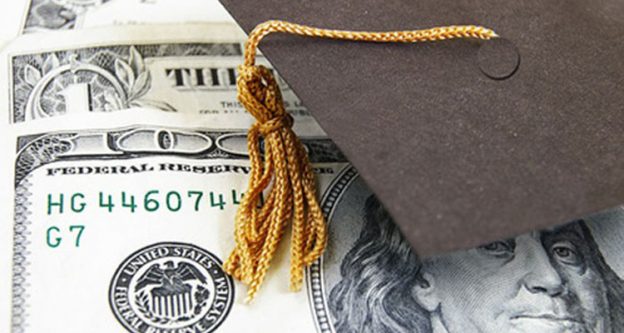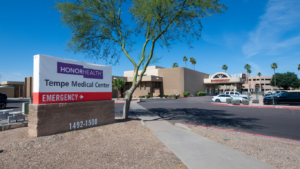The U.S. economy is struggling to get back on track amid a global health crisis that’s left millions of Americans without work. The result is a dire financial situation for many that has created great difficulty in making debt payments. In response, the federal government has added more benefits for student loan borrowers. Now, individuals with federal student loan debt will be given a break.
The Coronavirus Aid, Relief, and Economic Security Act (CARES Act) was signed into law on March 27, 2020. While the goal of the CARES Act is to provide relief to Americans during this pandemic, it’s also given rise to many questions about how this Act will help individuals and communities in time of need, especially when it pertains to ongoing debt payments such as student loans.
If you have student loans and find yourself needing assistance due to the coronavirus, the U.S. Department of Education is giving most federal student loan borrowers a break in their monthly payments. Another smart way to go about this is by learning about private student loan consolidation.
According to the Federal Reserve, students have racked up $1.41 trillion dollars of student loan debt outstanding in the U.S. In 2019, before the pandemic, more than 10% of that debt was at least 90 days past due or already in default. Below are some tips to navigate the new guidelines and understand the qualifications.
How does the CARES Act help with student loans?
There are many types of student loans and only some qualify for coronavirus forbearance. Those that qualify are suspended, interest-free, from March 13, 2020 through September 30, 2020.
To determine if you qualify, you will need to know what type of student loan you have and who the lender is. If your loan is either provided or guaranteed through the Department of Education, there are two key incentives:
1. Zero interest loan deferral from March until September. Note, however, that this only applies to direct loans, Perkins loans, which are owned by your college or higher education institution, and Federal Family Education Loans (FFEL) provided through or guaranteed by the Department of Education.
2. Your non-payments could still count as if you’ll be making the payments monthly, but only if you are seeking loan forgiveness under the Public Service Loan Forgiveness Program or through the Income Drive Repayment.
If you have a private loan not provided through or guaranteed through the Department of Education, you’re more than likely still responsible for your monthly interest and principal payment. According to the Institute for College Access & Success, nearly 12% of federal loans don’t qualify under the terms of the CARES Act. If this is the case for you, then you should reach out to your lender and inquire about the payment or what they’re possibly doing to help borrowers during this time.
If you do have federally-funded student loans, that means your payments are suspended through September 30 and those suspended payments count toward forgiveness programs. Your federal loan provider will suspend payments for you without any action on your end.
What are student loan borrower’s options right now if they can’t make their payments?
If you’re one of many million Americans being affected by lower or loss of wages, you’ll want to take advantage of the provisions provided in the CARES Act and start back up your monthly principal and interest payments in October 2020. Interest will not accrue until October and if you can’t make payments right now, it won’t affect your credit score.
If you’re not impacted by loss of salary and are able to make your payment, it’s still possible to take advantage during this time. Any funds you apply toward your student loan from March 2020 and September 2020 will be treated as a principal reduction. This means that in October 2020, the interest charged will be against the outstanding principal at that time, which in turn will reflect a lower interest charge and reduce your monthly payment.
If you have commercially held FFEL or Perkins loans, you are not covered by the same benefits as federally funded loans. You do still have some options, however. With FFEL, you can apply for up to three months of disaster forbearance. This means your payments will be suspended while your loans stay in good standing and it won’t affect your credit. However, you will still accrue interest during those three months.
How can the CARES Act / stimulus money / other relief efforts help student loan borrowers?
If you have privately funded student loans and won’t get relief from the federal government, the CARES Act is also incentivizing employers to help pay off student debt. Employers are now allowed to make tax-free payments of up to $5,250 in 2020 toward their employees’ student loan payments. Reach out to your employer to set up this repayment assistance.
While the CARES Act and stimulus money should bring some relief to individuals right now, Americans are still concerned for their own long-term well-being, as well as that of their family. One way to become more financially secure, especially once conditions are more stable, is saving more and dedicating to fully funding an emergency fund.
Consider putting additional funds into a savings vehicle that will put you in a more comfortable position should the pandemic show itself again toward the end of the year or in preparation for a future unexpected event. We have seen the financial realities for many changes overnight and this is even more reason to better prepare and save for the unexpected however possible.
Jenny Rucker is senior vice president and private banking client manager at UMB Bank.




